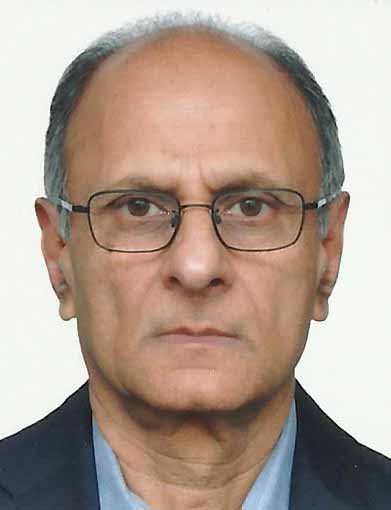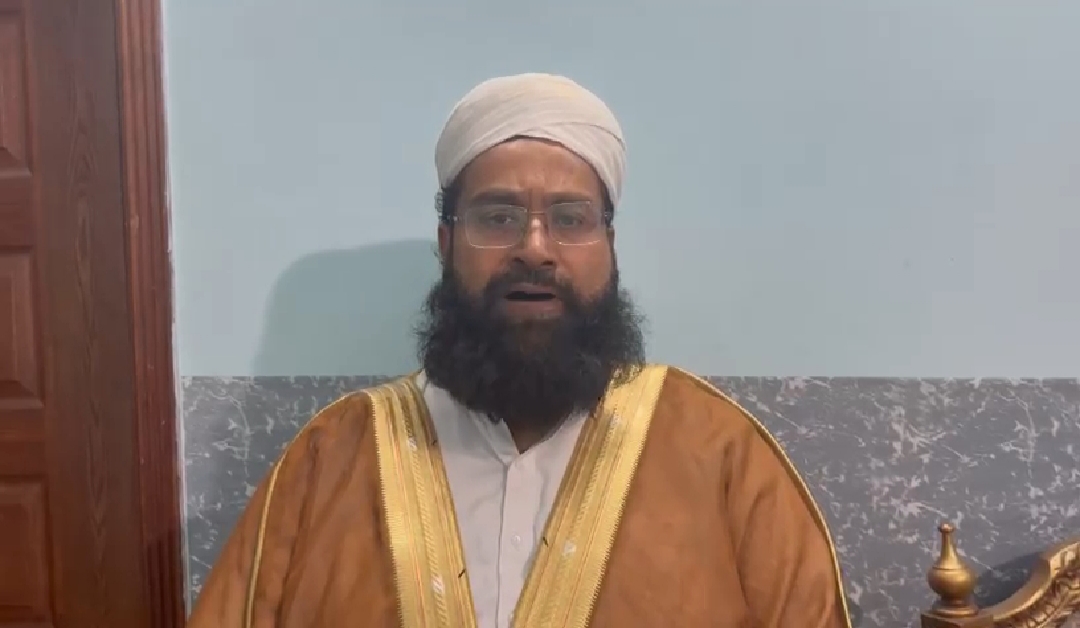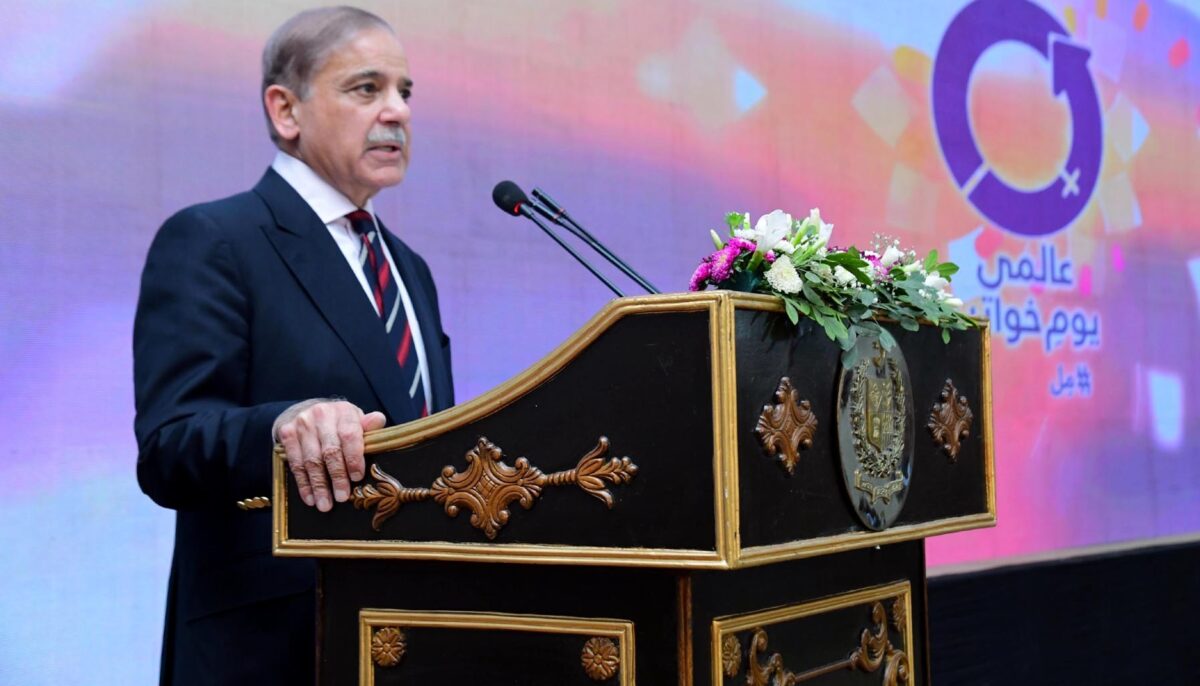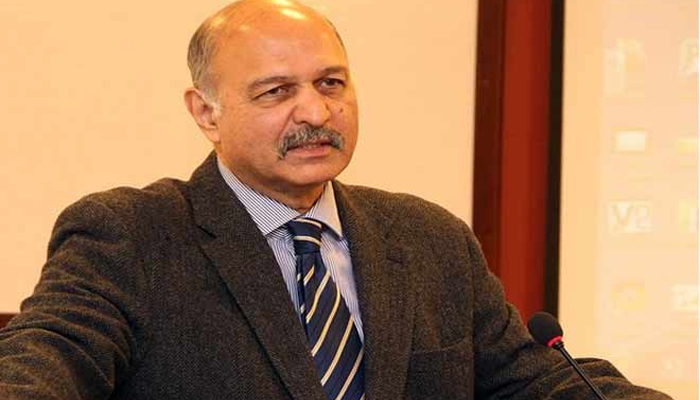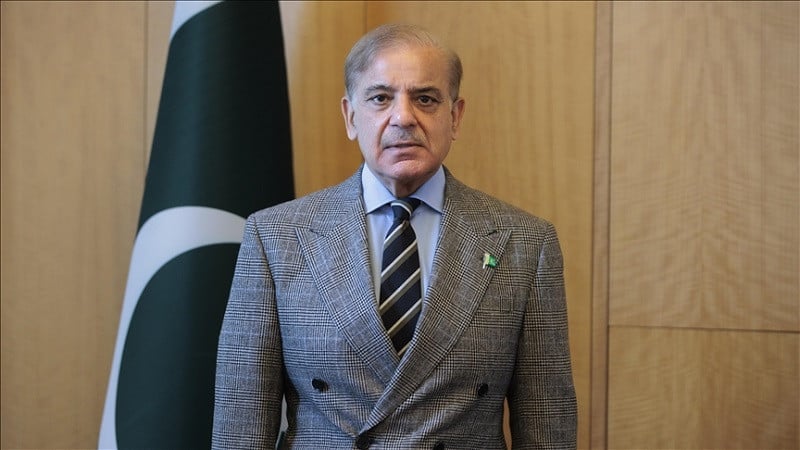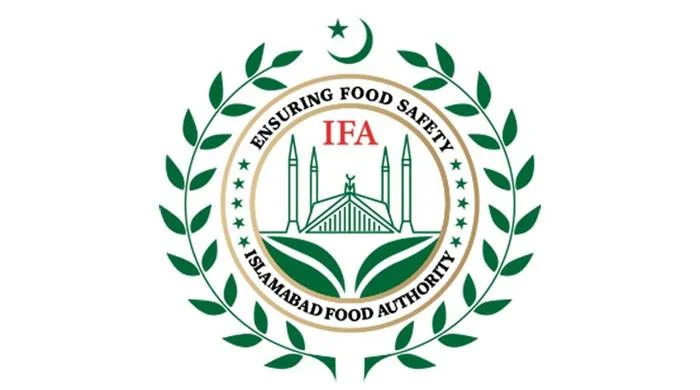ISLAMABAD, Mar 12 (APP): As Muslims worldwide observe Ramzan, the significance of this sacred month extends beyond religious rituals to encompass various health benefits.
Observing Ramzan involves abstaining from food, drink, and other physical needs from dawn until sunset as it promotes self-discipline, spiritual reflection, and community solidarity among Muslims, while also offering potential advantages for human health.
Dr. Mumtaz Ali Khan, Chief of Center for Disease Control at National Institute of Health, Islamabad, in an exclusive talk with APP, said beyond its spiritual significance, the holy month also offered potential health benefits.
Fasting during Ramzan could lead to various physiological changes in the body, promoting overall well-being, he added.
The health expert said intermittent fasting, as practiced during Ramzan, can have positive effects leading to weight loss as the body utilizes stored fat for energy during fasting hours.
However, he said it was essential to maintain a balanced diet during non-fasting hours to avoid overeating and unhealthy weight loss.
He said fasting had been shown to improve insulin sensitivity and regulate blood sugar levels, which might reduce the risk of type two diabetes and metabolic syndrome.
He said fasting could improve cognitive function and protect against age-related neurodegenerative diseases, such as Alzheimer’s.
Dr. Mumtaz said that fasting in holy month had been associated with improvements in lipid profile, blood pressure, and heart rate, potentially reducing the risk of cardiovascular diseases.
He said giving the digestive system a break during fasting hours might improve gastrointestinal health and promote better digestion.
He said fasting allowed the body to detoxify and clean itself from accumulated toxins, promoting overall detoxification and rejuvenation.
To observe Ramzan as individuals or communities, he said they not only deepen their spiritual connections but also nurture their physical well-being.

